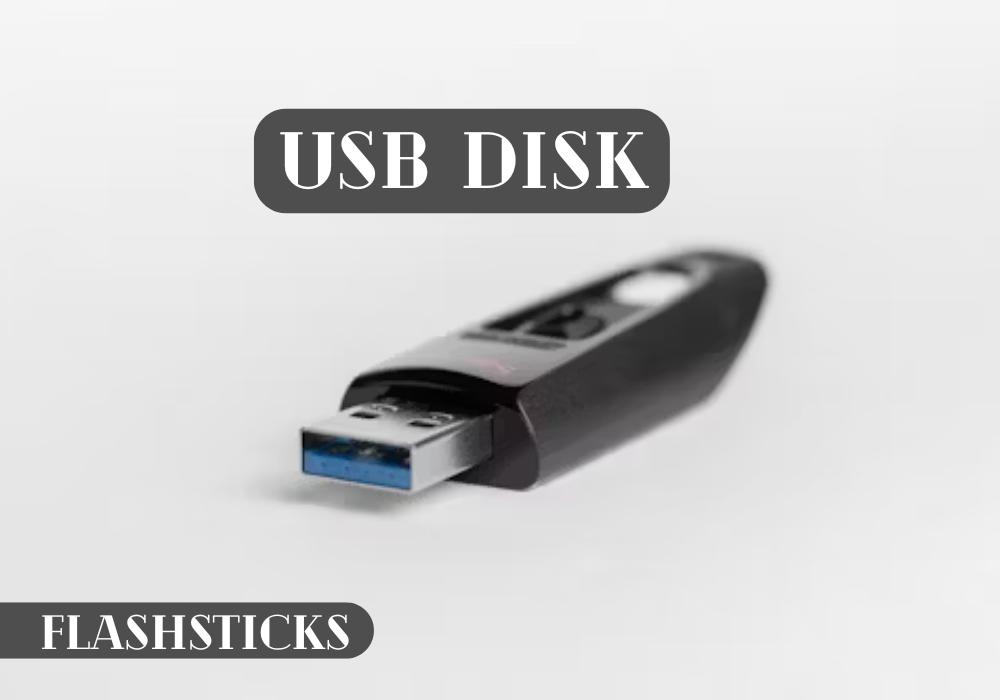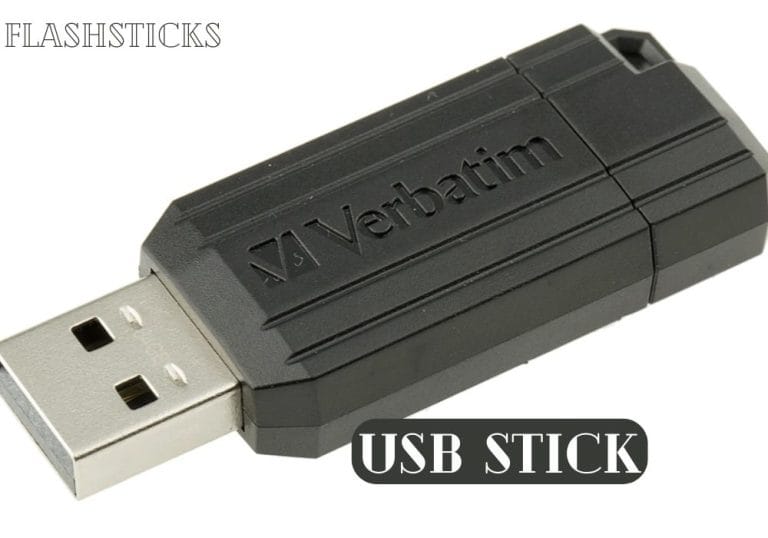“What is a USB Disk? – Comprehensive Guide
In today’s digital age, data storage and transfer have become critical parts of our daily routines. Whether you’re a student, professional, or hobbyist, you likely need an efficient and convenient way to store and carry information. One of the most popular solutions for this is a USB disk. But what exactly is a USB disk, and why is it so important? In this comprehensive guide, we’ll dive deep into the world of USB disks, exploring their functionality, benefits, and practical tips on choosing the right one for your needs.
Understanding USB Disks
What is a USB Disk?
A USB disk, also known as a USB flash drive or thumb drive, is a portable data storage device that uses flash memory and has an integrated USB interface. Unlike traditional storage solutions like CDs or floppy disks, USB disks offer greater storage capacity and compatibility with a wide range of devices including computers, laptops, gaming consoles, and more.
How Does a USB Disk Work?
- Data Storage: USB disks utilize flash memory to store data, making them non-volatile and capable of retaining data even when disconnected from a power source.
- USB Interface: The integrated USB interface allows the drive to connect to various devices through a USB port, facilitating easy access, transfer, and management of data.
- Plug and Play: Most modern USB disks support plug-and-play functionality, meaning they can be used immediately upon connection without needing additional drivers or software installation.
Benefits of Using a USB Disk
Portability and Convenience
USB disks are small and lightweight, making them incredibly portable. They can easily fit in your pocket, purse, or even on a keychain, ensuring that your important files are always within reach.
High Storage Capacity
Modern USB disks come in various storage capacities ranging from a few gigabytes (GB) to multiple terabytes (TB), allowing users to choose the right size based on their requirements.
Durability
Unlike their mechanical counterparts, USB disks have no moving parts, making them more durable and less prone to physical damage.
Compatibility
USB disks are universally compatible with a wide range of devices and operating systems including Windows, macOS, Linux, and more. This makes data transfer between different systems seamless and efficient.
Practical Tips for Choosing the Right USB Disk
- Determine Your Storage Needs: Assess how much storage space you require. For basic document transfers, a 4GB or 8GB drive may suffice, but for larger files like videos and software, consider a 64GB or higher capacity drive.
- Check Compatibility: Ensure the USB disk is compatible with your devices. Look for USB 3.0 or USB-C interfaces if you need faster data transfer speeds.
- Look for Durability: Some USB disks come with additional features such as water resistance, shockproofing, and encryption. These can be beneficial if you plan to use the drive in different environments or for sensitive data.
- Price vs. Performance: Higher capacity and faster drives can be more expensive. Balance your budget with your performance needs to find the best option.
Interesting Facts About USB Disks
- The first USB disk was introduced in late 2000 and had a storage capacity of just 8MB.
- USB 3.0 drives offer data transfer speeds up to 10 times faster than USB 2.0, making them ideal for moving large files quickly.
- Some USB disks come with built-in security features like encryption and password protection to safeguard your data.
Types of USB Disks
| Type | Description | Best For |
|---|---|---|
| Standard USB Disk | Basic and most common type of USB drive without additional features. | General use, document storage |
| Encrypted USB Disk | Comes with built-in encryption for enhanced data security. | Storing sensitive information |
| Waterproof USB Disk | Designed to be water-resistant and durable in extreme conditions. | Outdoor use, fieldwork |
| USB-C Disk | Features USB-C connector for compatibility with modern devices. | Use with newer smartphones, tablets, and laptops |
Conclusion
USB disks have revolutionized the way we store and transport data. Their portability, high storage capacity, and universal compatibility make them an essential tool in both personal and professional settings. Whether you need to store important documents, transfer media files, or safeguard sensitive information, a USB disk offers a versatile and reliable solution. By understanding what a USB disk is, how it works, and the various options available, you can make informed decisions to match your specific needs.
So, whether you’re a tech enthusiast or a casual user, investing in a quality USB disk can greatly enhance your data management and transfer efficiency.
“`







